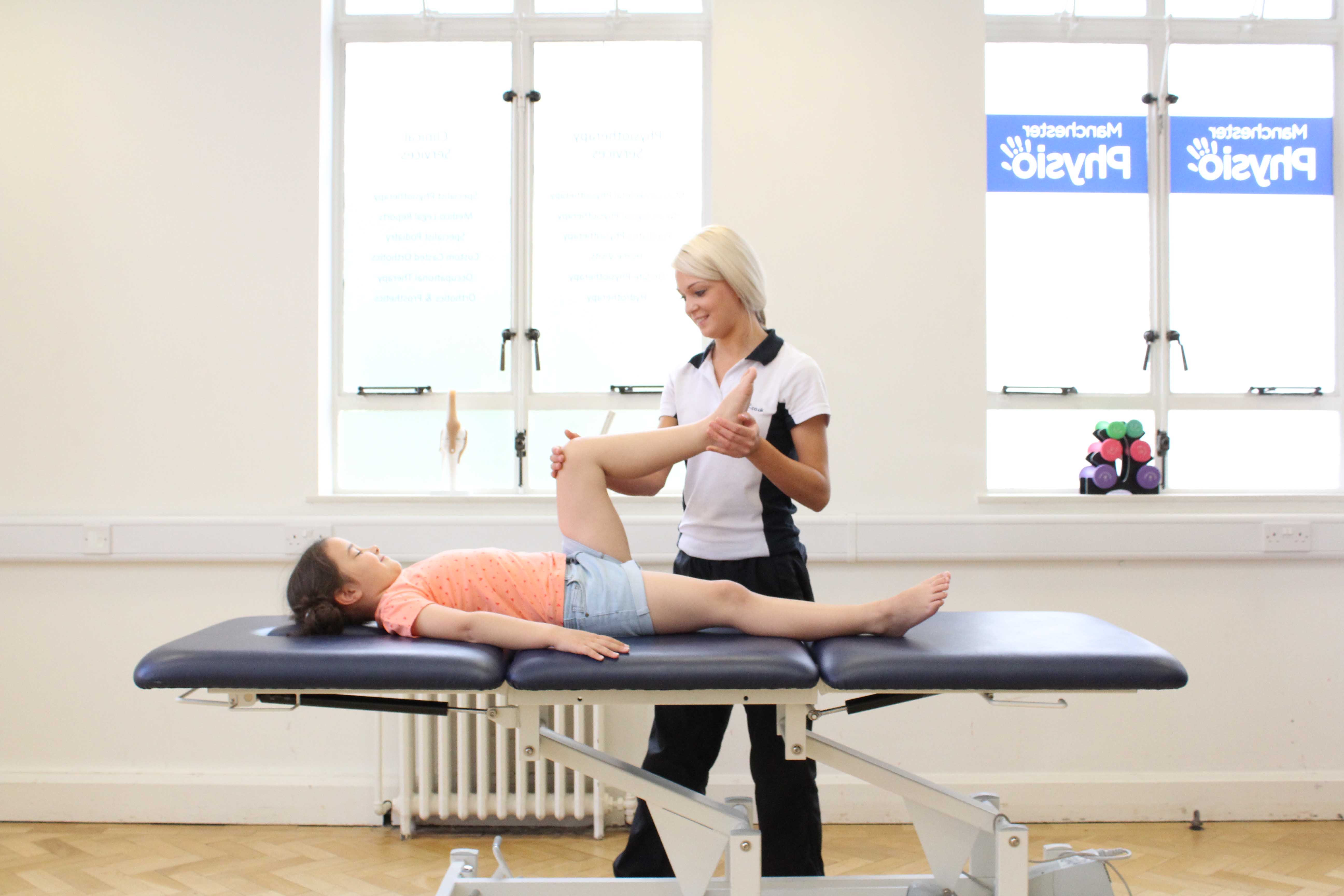What is Dyspraxia?
Dyspraxia, sometimes referred to as ‘clumsy child syndrome’, is a developmental co-ordination disorder that tends to be recognised in children. Dyspraxia causes the child difficulty in organising movement, they tend to struggle both with the planning of what to do and how to do it.
Dyspraxia affects up to ten percent of the population, with two percent of these cases being severe. It affects boys four times more commonly than girls, and can sometimes run in families. Dyspraxia does not affect IQ or overall ability; it purely affects motor aspects of development. As a learning difficulty, dyspraxia means the person struggles to learn intuitively by doing, and motor skill development responds much more positively when taught through a process of imitation.
Dyspraxia is also often associated with problems of perception, language and thought, symptoms commonly characteristic within disorders of the autistic spectrum.
Physiotherapy can be used to help a dyspraxic child and adult achieve their potential. Your physiotherapist will use a range of techniques and exercises to help improve co-ordination and achieve developmental goals.
 Above: Gross motor skill exercises to develop co-ordination and mobility
Above: Gross motor skill exercises to develop co-ordination and mobilityWhat are the symptoms of Dyspraxia?
Children with Dyspraxia are often late to reach developmental milestones such as rolling over, standing or walking. Once these milestones are met the child is likely to present with:
- Difficulty in understanding positional concepts such as ‘in front of’, ‘behind’, ‘to the right of’, ‘to the left of’, or ‘under’
- Frequent falls, or often bumping into things
- Difficulty with puzzle games, frequently bored and easily distracted
- Difficulty in following a sequence or set of instructions
- Difficulty with sports due to poor hand-eye and foot-eye coordination
- Poor fine motor control (small precise movements)
- Weak muscle tone
- Altered techniques to deal with everyday life such as altered pencil grip, or altered way of getting up from the floor.
How can Physiotherapy help in Dyspraxia?
A full physiotherapy assessment will be carried out by the physiotherapist to determine current abilities, and whether or not this matches the expected level of skill for that age. This assessment will involve:
- carrying out physical tasks
- chat with parents, carers as to the difficulties experienced in everyday life
- opportunities for the child to voice any concerns they may be experiencing personally
- Achieving developmental goals
- Organisational strategies
- Hand-eye or foot-eye co-ordination activities
- Development of positional awareness
- Falls prevention strategies
- Pencil grip and writing technique
- Skill acquisition through imitation
- Posture and walking pattern
What are the benefits of physiotherapy for someone with dyspraxia?
Physiotherapy will work on all aspects of difficulty the child faces on an everyday basis. A personalised treatment plan will allow the child to understand the importance of organising movement into specific sequences in order for it to be effective. It may also have a number of other positive effects for the child:
- Increased confidence
- Self-belief and self-awareness
- Allow them to carry out everyday tasks more easily

 0330 088 7800
0330 088 7800


































